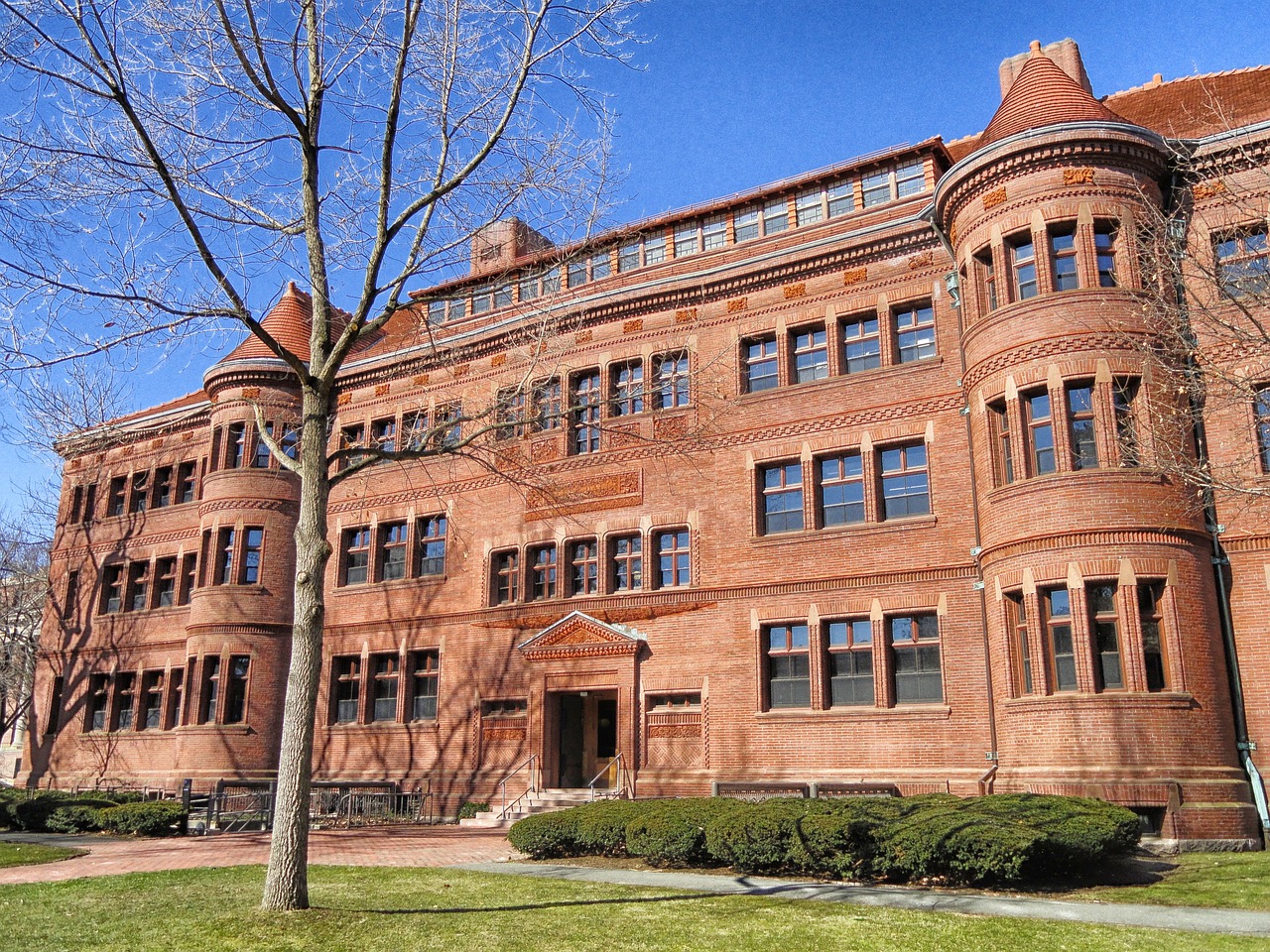
Student loans are in the news again. This time, Secretary of Education Betsy DeVos has announced that her department is rescinding some policies issued by the Obama administration. It’s all a bit complicated, but the rescinded policies were aimed at changing how student loans are serviced, with some emphasis on protecting borrowers by ensuring adequate customer service.
It’s hard to tell exactly how the new approach will shake out. But let this be a reminder: student loans are something to approach very carefully. Lenders aren’t on your side. In today’s environment, only you can protect yourself.
You want to be a lawyer. That’s a great goal. But in pursuing that goal, many law students don’t give student loans much thought beyond seeing the loans as part what they need to do to get to law school. If you borrow indiscriminately, you can end up in big trouble.
Law school is expensive. Law careers can be lucrative, but many aren’t. Those two facts can get you in trouble when they collide. Let’s take a look at UC Hastings, for example. I didn’t pick it for any special reason; it’s just the closest law school to my house. US News ranks it #54, for whatever that’s worth. As far as law schools go, you can do better but you can also do much, much worse.
Most students at Hastings get some kind of scholarship money, with a median discount of $14,500 off of tuition of roughly $44-50k (plus living expenses). If you’re among the roughly 20% of students who pay full price, and we’ll assume in-state tuition, you’ll end up with a loan balance of $245,745. If you take 20 years to pay it off, you’re looking at a monthly payment of $1,765, or $21,180 a year. All these numbers come from Law School Transparency. It’s a resource you should get to know well as you consider your law school options.
Now let’s look at salaries. The median salary coming out of Hastings is $80,000. The unemployment rate among recent graduates is 15.3%. If you’re making 80 grand, those loan payments are tough (more than a quarter of your pre-tax income!) but you might make it work. If you’re making less, things get really difficult.
Hastings isn’t any kind of horror story. There are many, many law schools that are just as expensive to attend but with far worse job outcomes. Be careful out there.
What if you can’t pay your student loans? It’s very hard to get out from under that debt. Don’t expect lenders or the government to help you. The federal government offers some plans for loan repayment assistance if you go into public service work. If you’re interested in that, investigate carefully what those programs cover or don’t cover before you go to law school. It’s a big mistake to assume they’ll cover what you think they’ll cover.
I don’t mean for this post to be a downer. The job market out of law school looks better than it did a few years back. Lots and lots of people are graduating law school and beginning the career they want. But let this be a reminder to make your decisions carefully. If you let your goal of being a lawyer blind you to the risks you accept along the way, you can end up in big trouble.
Finally, let this motivate you to put together the best application you can. Get that GPA up. Work on that LSAT score. The stronger an applicant you are, the more likely you are to get good scholarship money. You’re also more likely to get into the law schools that give you the best chance of finding a job that’ll let you repay your loans and still have spending money.




